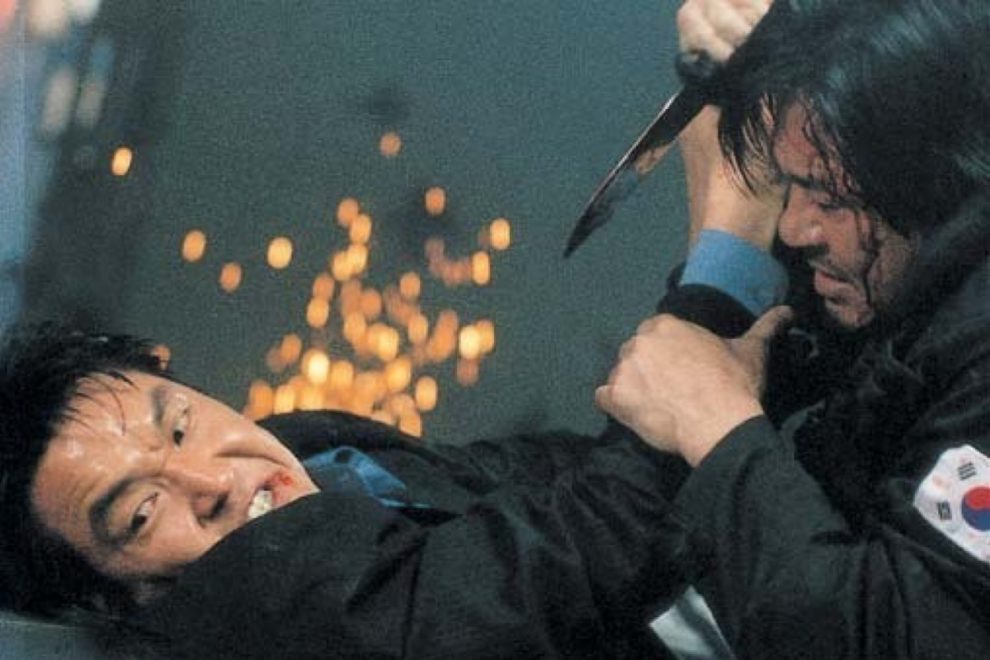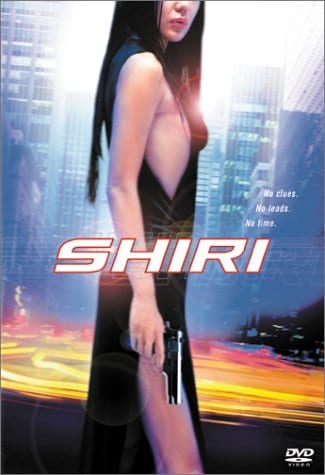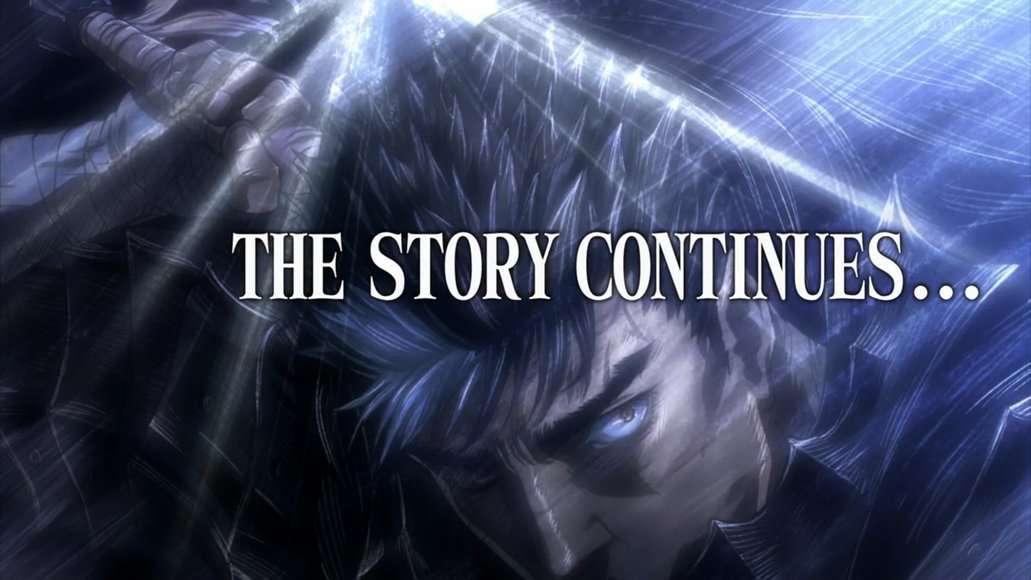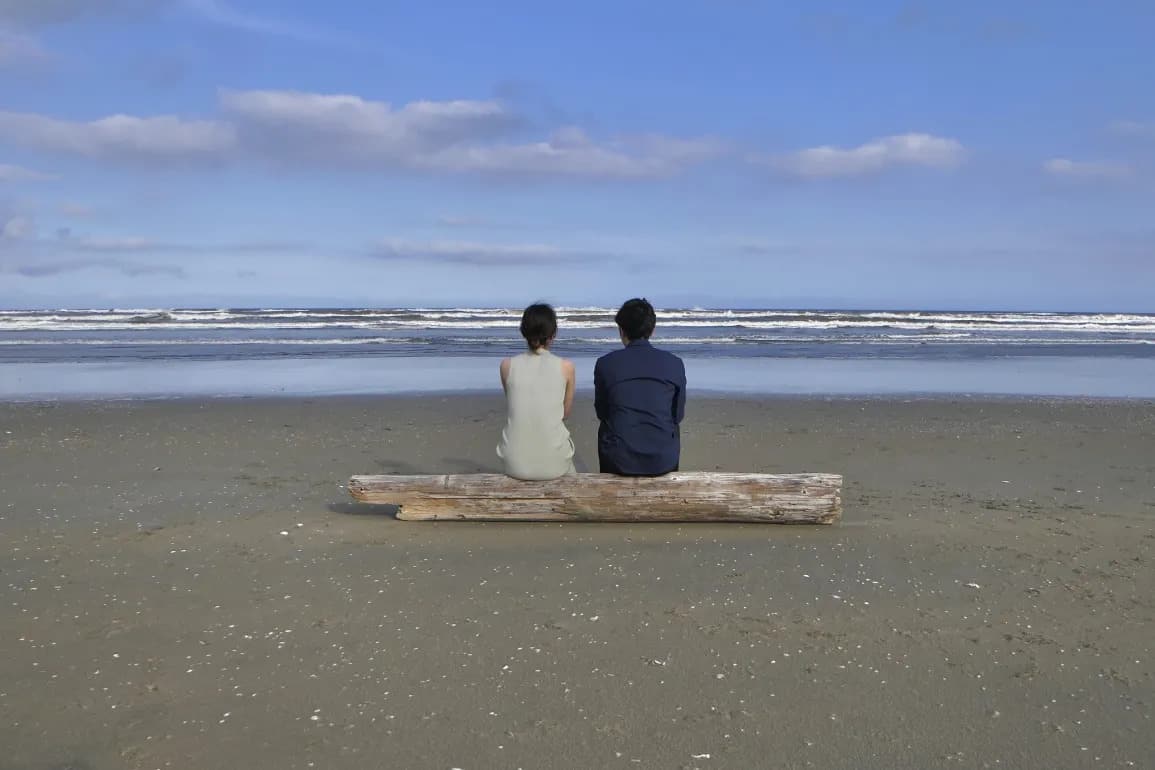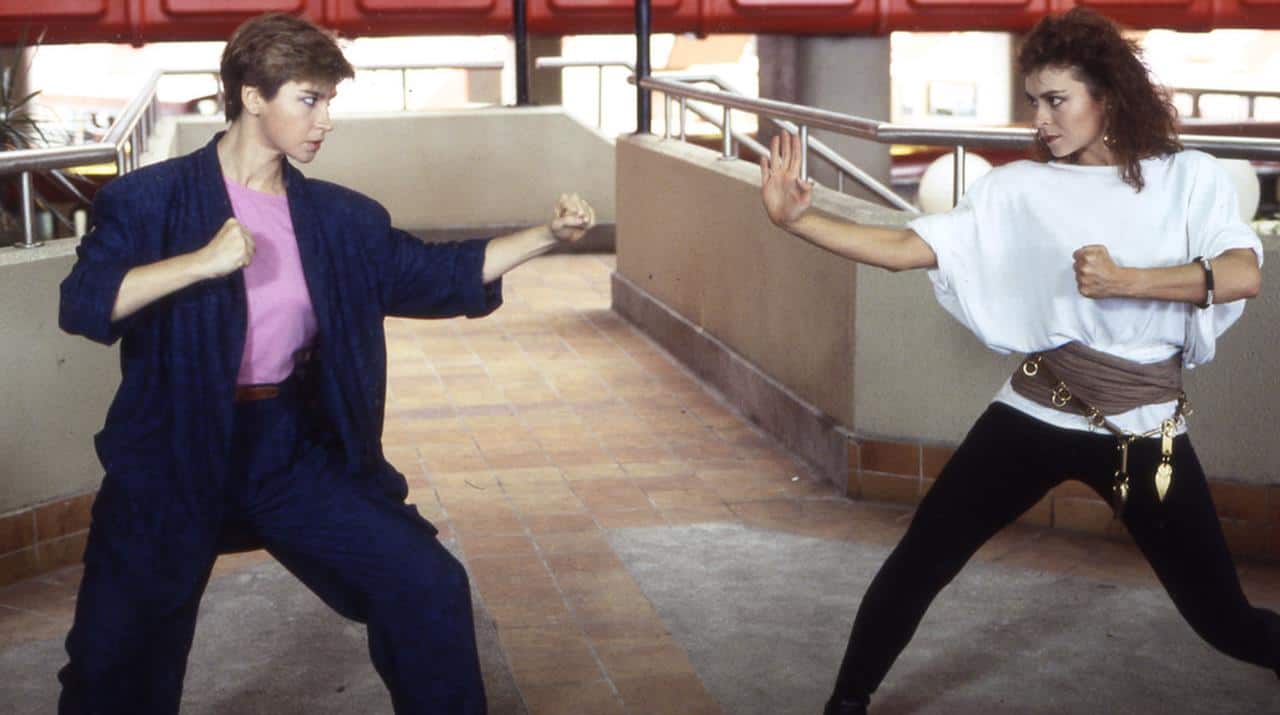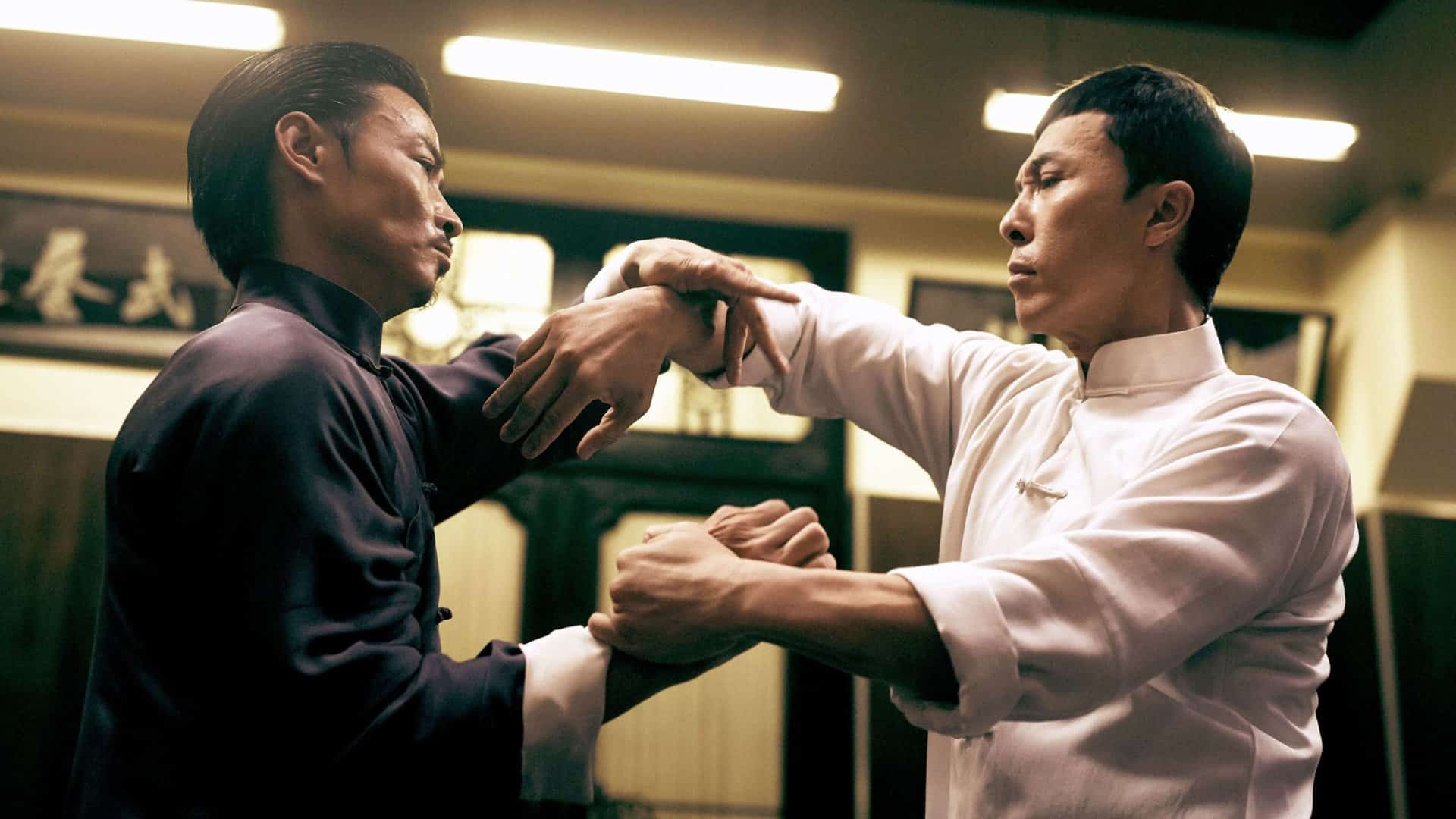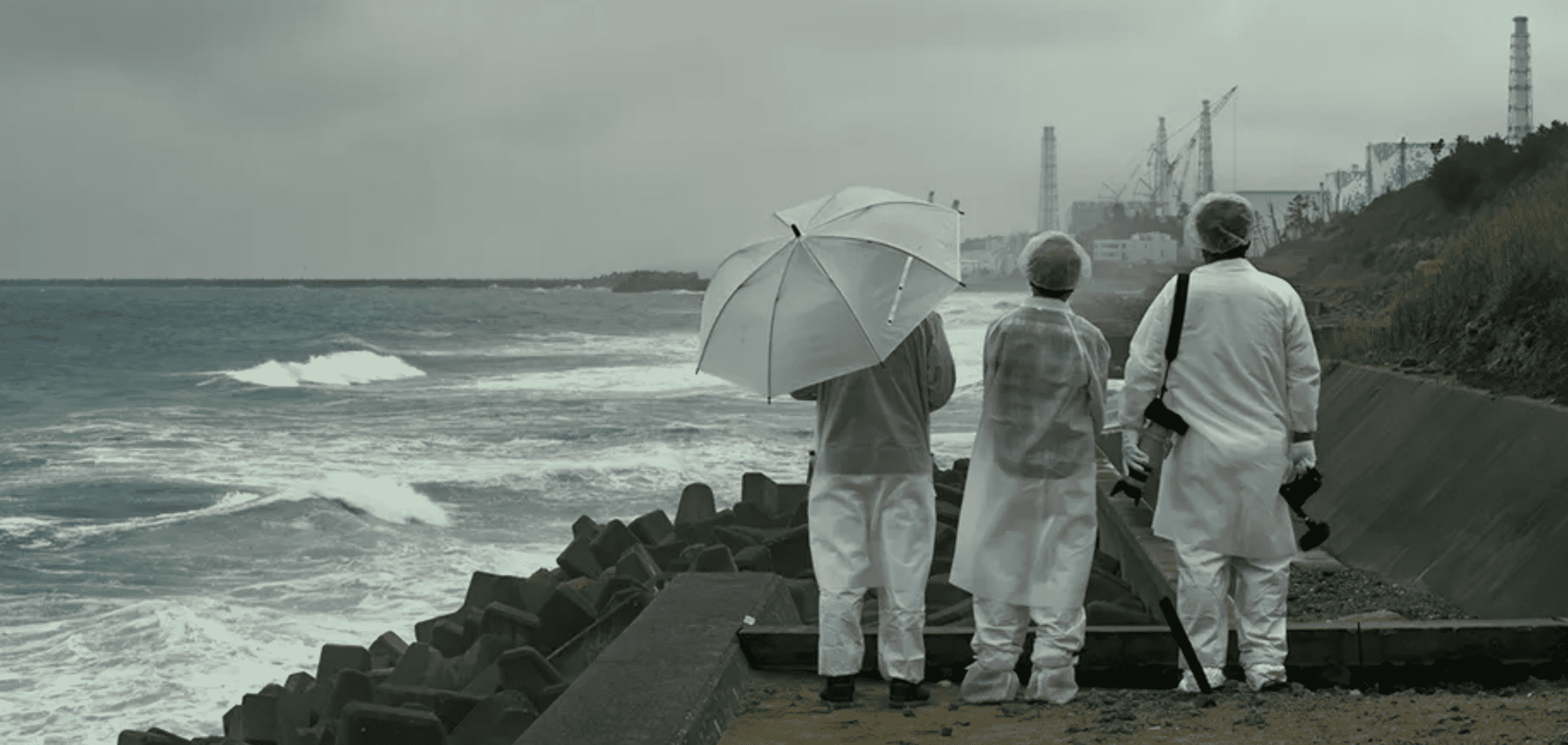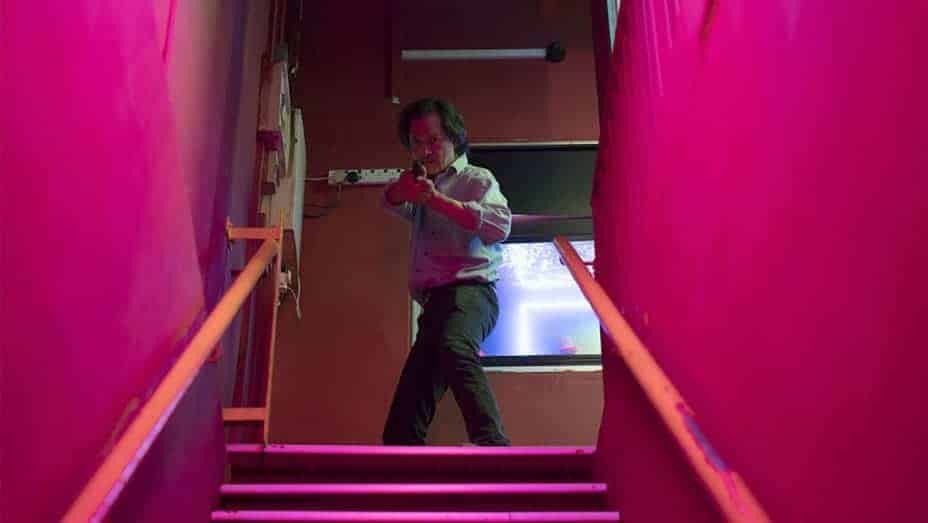The Korean New Wave in cinema really kicked off late-90s onwards, when South Korean blockbusters, financed partly or largely by large conglomerates' fundings, began to have an exposure in the West, courtesy of home video releases and limited theatrical engagements. Of these, arguably the first major hit, and certainly among the first South Korean films that many western audiences saw, was Kang Je-gyu's “Shiri”, a massive financial and critical success domestically that took the west by storm when it was introduced there too. Backed by technology giants Samsung, “Shiri” was at that time the biggest budgeted cinematic project in Korea and one that pulled in vast dividends.
Buy This Title
As the two Koreas gear up for a football match against each other, in a move that the government hopes will move public sentiments and work towards talks of a reunification, a rogue militant North Korean group activates an undercover asset who's been living in Seoul for quite some time. The South Korean intelligence, including officers Yu Jong-won and his partner Lee Jang-gil, have been aware of the presence of the spy, known only as Lee Bang-hee, and had been on her tail for a long time until the trail turned cold a few years back. As the football match nears, Lee Bang-hee's handler Park Mu-young also arrives in Seoul to oversee a terror plot that involves a synthetic explosive CTX, a scheme which puts the football match, the peace talks and any plans of reunification in danger. With time ticking by, Lee Jang-gil and Yu Jong-won run against the clock to save Seoul and Yu Jong-won's beautiful fiancee Lee Myung-hyun.
Watching Kang Je-gyu's second feature now, it is quite evident why it is a great example of the traits of modern South Korean cinema and why it enjoyed the success it had. Being one of the first to feature the friction between the two Koreas and the first Korean production to “break out”, as it were, it introduced the audience to this real-world political issue in a very thrilling, edge-of-the-seat manner. The treatment Kang gives it is also favourable, taking inspiration from not only Hollywood features of the genre but also Hong Kong cinema aesthetics extensively, which had already found favour with western audiences. In addition, it is a tremendous showcase for two genres that Korean cinema does very well: action and melodrama. Though the story gives a lot of scope for action, the narrative also has a beating heart, thanks to the romantic angle between Yu Jong-won and Lee Myung-hyun, which is set up nicely in the calmer moments to be highly effective as it progresses.
Technically, “Shiri” follows the rulebook set by its Hollywood and Hong Kong counterparts and is impressive even by modern standards, including Kin Seoung-bok's cinematography and Lee Dong-joon's sufficiently epic score. The use of the shaky-cam heightens the sense of urgency in several scenes. This is most notable in the action set-pieces, which include everything from chase sequences to John Woo-esque all-guns-blazing bullet ballet, that could easily compete with the best. If one were to watch this today for the first time, the storytelling might have a sense of deja vu and some of the twists in the story might seem a bit obvious but “Shiri” is best enjoyed when seen with its historical context and the era it was first released in mind.
Another accomplishment that “Shiri” is remembered for is the casting of three actors that would go on to become leaders among the Korean industry well before they found their individual fames. Han Suk-kyu was probably the most successful of the three before he took up the role of Yu Jong-won, having already played the lead in Lee Chang-dong's debut “Green Fish”and Hur Jin-ho's successful melodrama “Christmas in August”, among others. Here too, he impresses particularly in the dramatic moments involving his fiancee. Choi Min-sik, who had worked with Han in “No. 3” previously, plays the North Korean Park Mu-young and is adequately menacing as the handler with a soft spot for his asset. Nearly dialogue-free for the first half, he comes into his own later on and in fact elevates the narrative as his role gets more prominent. A scene that the two actors share near the climax is distinctly electric.
Song Kang-ho, after having worked with both the other actors in “Green Fish”, “No. 3” and “The Quiet Family” previously, also features as Lee Jang-gil and while he doesn't have as much scope as the other two, he still impresses in what was clearly his most high-profile role till then. Kim Yun-jin, who a wider western audience would probably know best as Sun in the hit American tv series “Lost”, makes her debut here as Lee Myung-hyun and her performance is among the reasons “Shiri” remains impactful even today. Eagle-eyed viewers will also notice now-superstar Hwang Jung-min in a blink-and-you-miss-it role in what is only his second on-screen appearance.
Ultimately, even though “Shiri” doesn't quite have too many cultural references that have since become a staple in Korean cinema and is influenced by the works of other industries, it still stands as a great representative of early Korean New Wave cinema and what the directors and actors of the country could achieve in a fraction of the budget that others did it for. Even in hindsight, it feels truly deserving of all the admission records it set during its theatrical run and of the “First Korean Blockbuster” label that it proudly holds.


